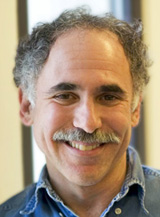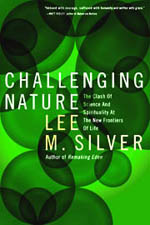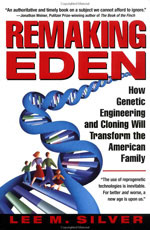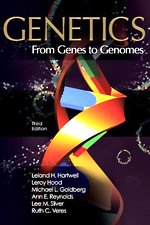|
published by Ecco/Harper Collins, 2006
|
|
Books
Presentations
Publications/Writings
Biography
Princeton Courses
|
Letters to the Editor
Your article "When Buying Organic Makes Sense -- and When It Doesn't" (Personal
Journal, Jan. 16) was refreshing in its presentation of the quietly held
view of many scientists that the touted virtues of organic food are exaggerated
or non-existent. But you weren't sufficiently skeptical when you accepted
the commonly held belief that organic farmers "eschew pesticides and
other chemicals in an effort to protect the environment."
In fact, organic farmers are free to use many chemicals on their crops, including
pyrethrin (with the formula C21H28O3) and rotenone (C23H22O6), which is
a potent neurotoxin long used to kill fish and recently
linked to Parkinson's disease. Organic farmers also commonly spray their crops with Bacillus
thuringiensis solutions containing BT larval toxins, and they use sulfur
and copper (both long-lasting soil contaminants) as fungicides.
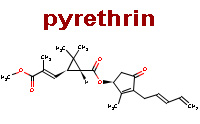 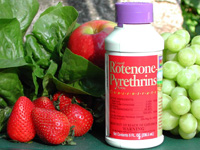 Organic-certification
rules only prohibit most, although not all, "synthetic substances
and ingredients." The word "chemical" isn't used in the
rules because there is no intrinsic physical difference between the categories
of synthetic and nonsynthetic substances. They are all chemicals.
Nevertheless, organic advocates operate under the
pre-scientific delusion that substances produced by living organisms, such
as pyrethrin and rotenone, aren't really chemicals, but just organic "botanical" constituents
of nature. Even the poison strychnine can be defined as "organic," although
it's too lethal for use by organic farmers. In actuality, no currently
approved crop pesticide, whether organic or not, has any detectable effect
on the health of consumers. The enormous premium paid to purchase organic
foods is based on mythology, not fact.
Lee M. Silver Professor of Molecular
Biology and Public Affairs, Princeton University, Princeton, N.J. (Prof.
Silver is author of "Challenging Nature: The Clash of Science and
Spirituality at the New Frontiers of Life," Ecco, 2006.)
|
Hover over or click on books to order from Amazon.com
|
